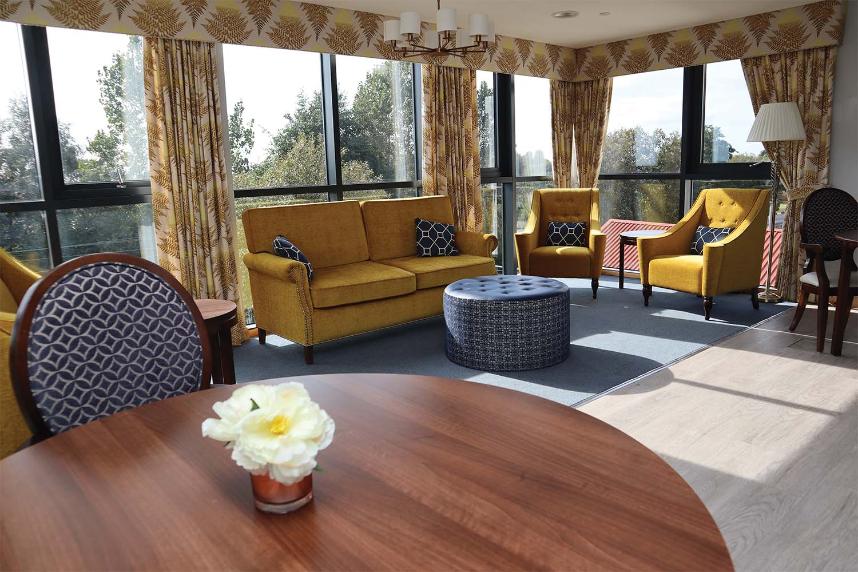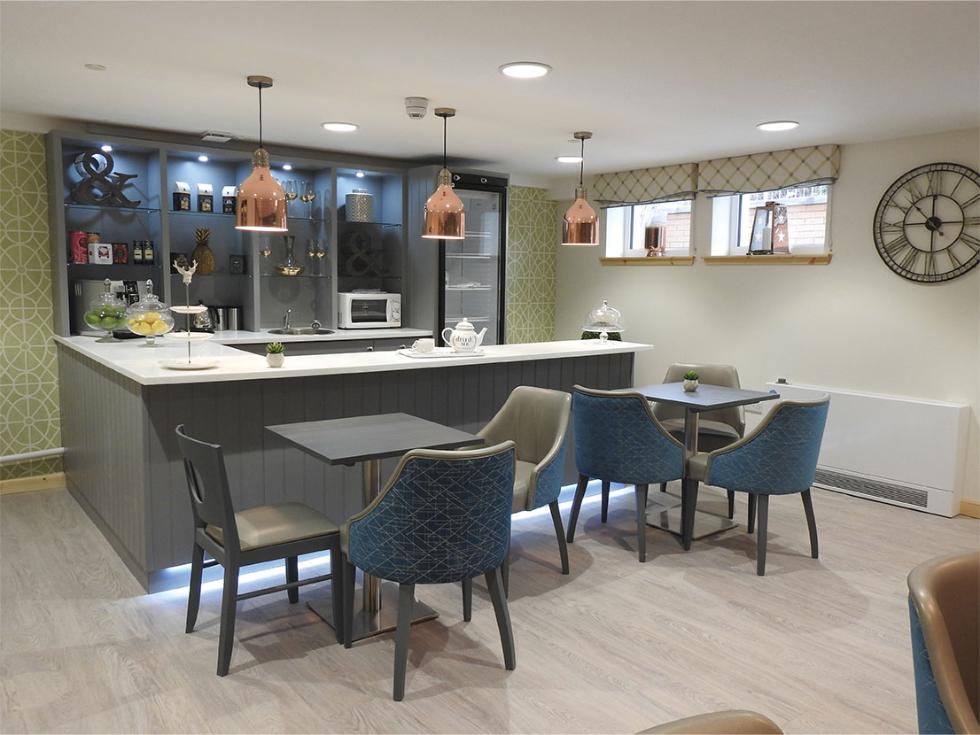When Is The Right Time To Move Into A Care Home?

For a lot of people, no matter the circumstance, the decision to move someone out of their family home or even their own home into a care home can put someone in a really difficult situation. The whole moving process can be extremely challenging for anyone and can seem like a scary next step.
We’ve created a guide for you which should help you and your loved ones identify the right time to move into a care home and what the next steps are, ensuring you have your loved ones best interests at heart.
Understanding When it’s Time to Move
It can be difficult to know when is the right time to move someone into a care home, which is why the majority of Glasgow care homes have a strong team of are professionals who are here to help navigate you or your loved one through this challenging time. There are a few certain signs you can look out for to help you establish whether additional daily assistance is required.
Undergoing a Care Needs Assessment
A care needs assessment is the first step to understanding whether you or your loved one should move into a care home and a care professional can come and see you or your loved one to get a better understanding of how you’re handling daily tasks. Depending on your circumstance, you could be asked to take an assessment either over the phone or online. If you believe that this isn’t the right fit for you, you can request a face-to-face assessment with your local authority. One this assessment has been completed, if you feel comfortable for the assessor to do so, they will speak with other medical professionals (a GP or registered nurse) to get all the necessary information.
Needing Long Term Help with Daily Tasks
Observing whether someone requires assistance with daily tasks is usually easy to detect and if this is the case, moving a loved one into a luxury care home in Bearsden could be the best option. If you’re unsure, a residential care home is the perfect type of care for those who no longer benefit from living alone and who are self-sufficient some of the time, but still may require some help with specific tasks. Living in a care home allows residents to also stay in touch with friends and family members, spending their time doing things which bring them joy and no longer have to worry about mundane chores. Care homes provide full-time care to residents, but residents will still have the freedom to experience independent living if they can do many things on their own.
When it comes to residential care, levels and assistance of care provided are tailored to each resident and their needs and preferences. In some cases, the assistance required could be minimal, yet others could be much higher - it all depends on each individual. Overall, regardless of their level required, a care home team member will always be there to provide that care also making sure their general wellbeing is looked after too.



What to Expect From Everyday Care?
Everyday care can vary from resident to resident, however, for most, personal care is provided by staff members, which involves personal hygiene, washing, dressing, eating, mobility, administering medication and providing healthy, nutritious meals. When someone can no longer do these activities by themselves, the individual likely needs to move into a care home to help them improve on their quality of life.
If someone is struggling with their physical and mental health, remembering how to do simple tasks, forgetting recent events or experiencing irrational behaviour, it is likely that they will need specialised care, such as dementia care. Specialised dementia care homes guarantee that your loved one will be getting the necessary treatment within a care home or nursing home. Person centred care combined with all inclusive facilities and services within a care home will improve on someones quality of life, along with their overall health and wellbeing.
Requiring a Higher Level of Care
Older people needing a more advanced type of care for someone with complex medical needs will also benefit from 24 hour care which is offered within a care home and if someone has a long term health condition or critical illness which has negatively impacted their everyday duties, nursing care in Glasgow could be the best option. If you believe that nursing or dementia care is required for your loved one, in terms of them needing more support, then they must get the care they require where a care plan can be put into place.


Relying Heavily on Family & Friends
As we get older, it’s understandable and normal to need a helping hand from a loved one from time to time, however, needing constant help when it comes to hygiene or keeping the house clean might begin to take it’s toll on both you and those closest to you.
As a friend and/or family member, seeing your loved one struggle can be very upsetting, yet it’s important to remember that there are lots of organisations and charities to turn to for extra support. Age UK is just one of the many charities which have been establish with the purpose of helping those facing these challenges that come with aging. All of these organisations usually provide support in the form of support group and hotlines.
Moving into Westerton Care Home
Westerton is a luxury care home in Bearsden, Glasgow. Our home provides beautiful en-suite bedrooms for our residents, where the highest quality of Residential, Dementia, Nursing and Respite Care is provided, all within 6 communities, including one dedicated to dementia care.
Our care home in Glasgow is in a location close to local transport links, shops and leisure facilities all within an easy reach. Our home is founded on the belief that everyone deserves to live an enriched life, by offering an all inclusive care package and our team of dedicated professionals take pride in providing a caring and supportive atmosphere where everyone can live a meaningful and independent lifestyle.
We’re here to make sure that our residents are stimulated and enjoying life on a daily basis. Residents at Westerton Care Home have many opportunities to make the most of each and every day, from mealtimes to leisurely strolls around the gardens, everyone can relax in a friendly environment where joy can be found, especially in the smallest of ways.
Daily life at Westerton Care Home is personalised and varied, allowing residents to lead a content life, from participating in our activities programme to attending trips to the local community, or travelling further afield to places within East Dunbartonshire, we pride ourselves to offering activities and opportunities which allow residents to be social and have fun.
Whatever questions or queries you may have, our friendly team of professionals here at Westerton Care Home would love to help you in any way they can, so please don’t hesitate to get in contact with us today. You can also fill out our enquiry form and someone will respond to your query as soon as they can.





